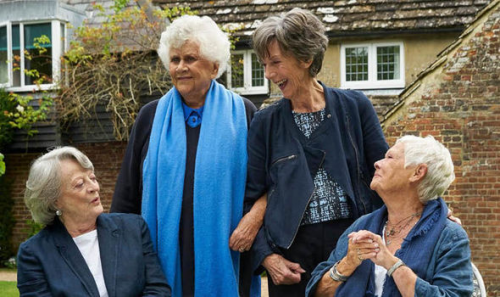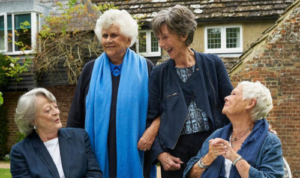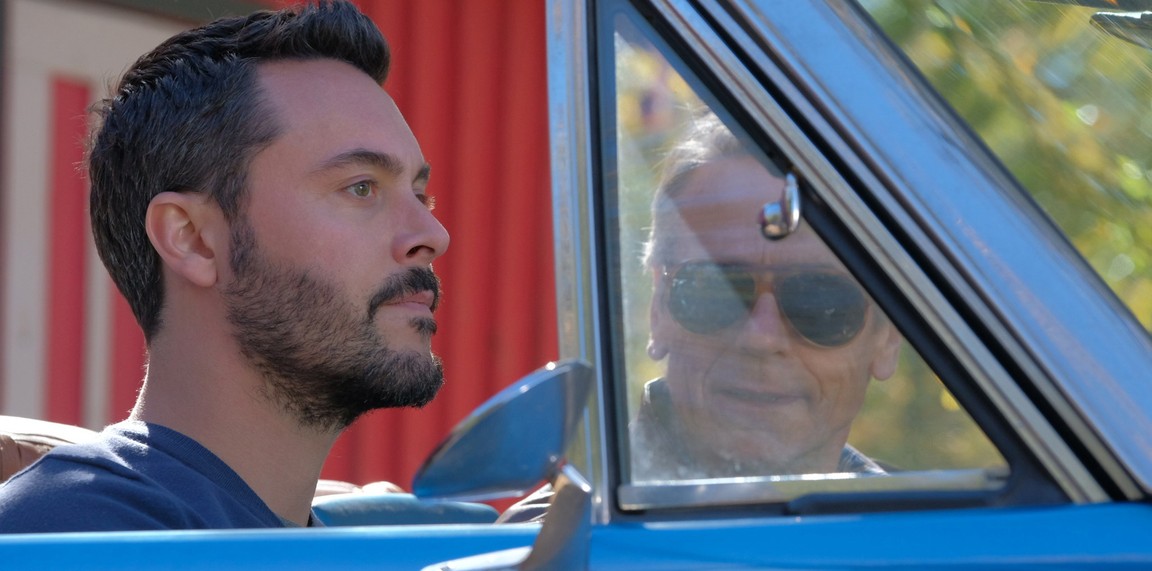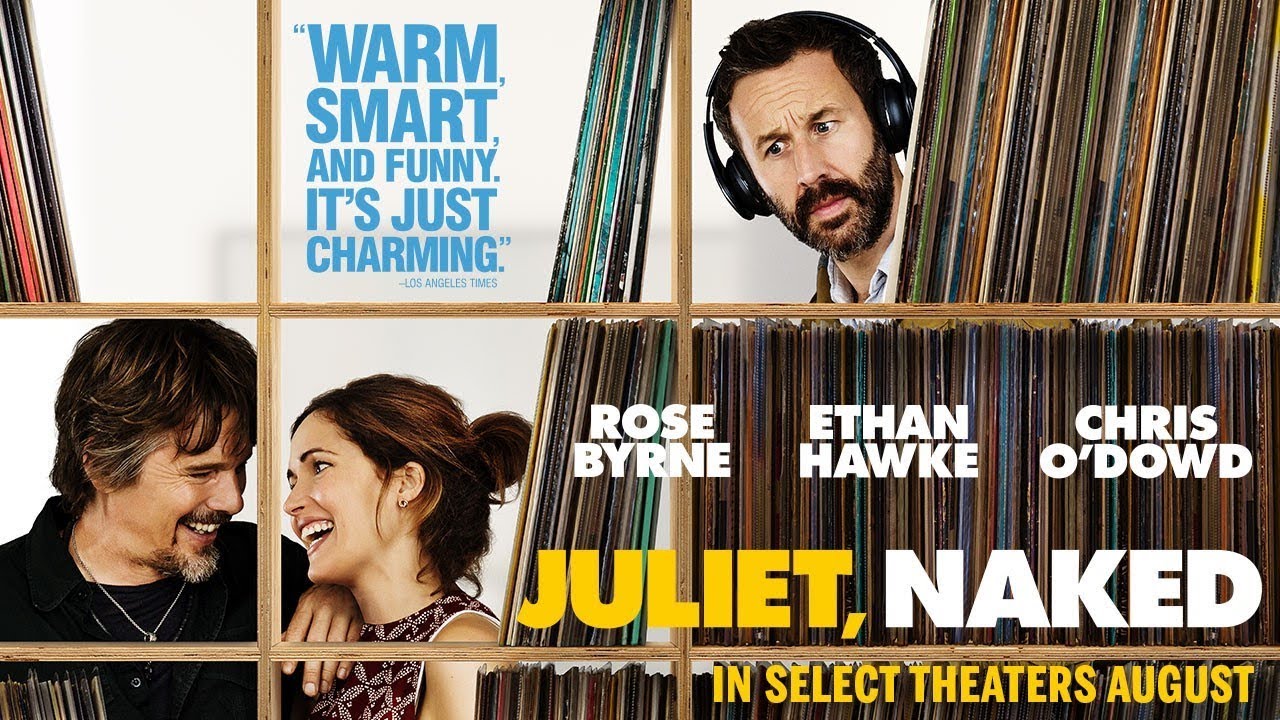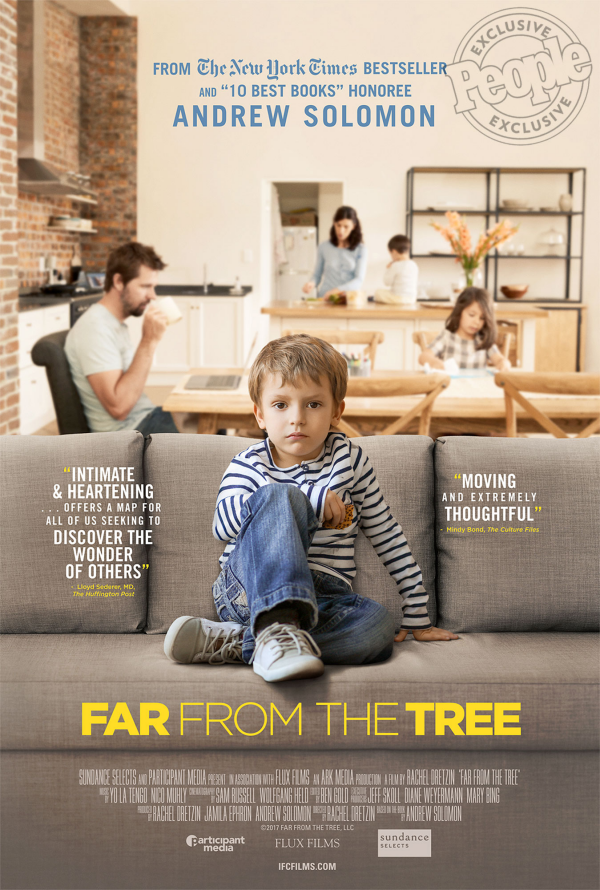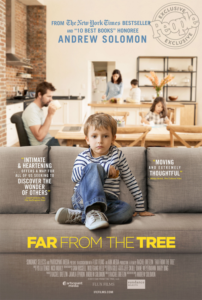Fahrenheit 11/9
Posted on September 20, 2018 at 3:58 pm
B +| Lowest Recommended Age: | Middle School |
| MPAA Rating: | Rated R for language and some disturbing material/images |
| Profanity: | Some strong language |
| Alcohol/ Drugs: | None |
| Violence/ Scariness: | Some graphic and disturbing scenes of military violence |
| Diversity Issues: | A theme of the movie |
| Date Released to Theaters: | September 21, 2018 |

Fourteen years ago, Moore released “Fahrenheit 9/11,” the title inspired by Ray Bradbury’s Fahrenheit 451, about the September 11 attacks and the aftermath. This film’s title is a reference to another event Moore considers pivotal, the election of Donald Trump in 2016. It begins with dozens of predictions by experts that Hillary Clinton would win the election, and then the stunned reactions when she lost. (Moore himself was one of the very few who predicted a Trump victory.) But he does not spend any time after that on the past. He is not interested in the Mueller investigation or whether there was collusion between the Trump campaign and Russia. He is interested in the indicators of a weakening of our democracy, as, for example, when a survey of Republicans shows that a majority would support delaying the next Presidential election if President Trump says that it is an emergency, and, an even more sobering example, when so many Americans do not vote.
Moore’s 1989 film, Roger & Me was set in his home town of Flint, Michigan, a once-thriving community with lots of good jobs at the local General Motors plants. As the plants closed or replaced workers with non-US workers and robots (unforgettably, the film included footage of a animatronic display with a human worker singing to the robot that replaced him), the community was devastated economically and psychically bereft. The film, now on the National Film Registry of the Library of Congress, revolutionized documentary storytelling with its arch tone, quirky characters, and wild stunts, like Moore’s efforts to confront then-GM CEO Roger Smith about Flint.
Almost 20 years later, Moore returns to Flint in this film for an even worse disaster. A new governor, a businessman with no previous government experience, ordered that the water supply in Flint be redirected from Lake Huron to the toxic Flint River, according to Moore so that his business friends could build — and make money from — an unnecessary second pipeline. Lead levels spiked, putting the residents, especially the children, at great risk. Even those who have been following this story will be shocked by some of what Moore reveals here, including a nurse who shows the blood lead levels in the children she tested — before she was directed to alter the results to show them at an acceptable level. General Motors complained that the Flint River Water was harming its remaining production facilities, so they were switched back to Lake Huron while the residents were not. There is dispiriting footage of then-President Obama’s visit to Flint, when his efforts to be reassuring (Look! I’m drinking your water!) make him seem out of touch and condescending. Of course there’s a stunt, with Moore trying to see the governor and then spraying Flint water on the Governor’s grass.
But what hits home hardest is a story that had almost no national coverage, without any notice, the Army scheduled training exercises — with no notice to the residents — with shooting and explosions that made it seem that the town was under attack. Moore also points out that the heroic doctor who exposed the crisis is an immigrant who exemplifies the most aspirational American dream of opportunity and service. And he suggests that the lack of attention from politicians, including Obama, led to the poor voter turnout in a state where mere thousands of votes could have swung the election.
He also points to the one person who is ultimately responsible for electing Donald Trump. SPOILER ALERT: pop star and Voice coach Gwen Stefani.
Like all Moore movies, this one is uneven and polemical as well as illuminating, enraging, and — this is the great secret of Moore — ultimately hopeful. He spends time with young candidates of intelligence and integrity. He shows us the West Virginia teacher’s strike. It is deeply stirring to see the teachers, told to go back to work after their union leaders abandoned the school bus drivers and lunch workers, refuse to stop the strike until their fellow school workers were given a raise as well. We see the Parkland kids turn unthinkable tragedy into purposeful action. “We must have done something right,” Moore says, “We raised you.” “No,” one responds immediately. “Social media raised us.”
She may not realize it, but she was raised by Moore as well, with films like this one.
Parents should know that this film has some strong language and some disturbing images, including violence and peril.
Family discussion: Who in this film do you admire and why? Is this film a form of journalism?
If you like this, try: Michael Moore’s other films, including “Roger & Me” and “Sicko”


